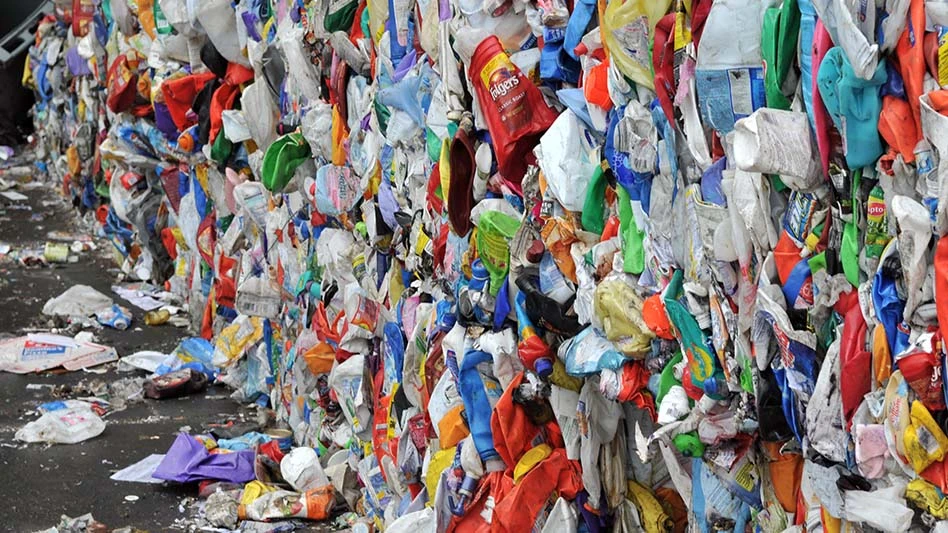Though he described 2013 as a difficult year for the global scrap recycling industry, Bjorn Grufman, president of the Bureau of International Recycling (BIR), based in Brussels, said the organization had welcomed more than 1,200 attendees from 63 countries to its World Recycling Convention in Miami, “a great achievement given the still very difficult market conditions.”
The convention was held June 1-4, 2014, at the Fontainebleau Hotel.
Grufman also highlighted the association’s decision to host the conference in Miami, which was based largely on the city’s central position with regard to Latin America.
“BIR has been dedicating a special offer to opening its doors to companies from this part of the world, in order to offer our existing members new business opportunities and in return share our expertise in terms of international trade and environmental legislation with companies from Central and South America,” Grufman said.
 |
| From left, BIR Treasurer Ranjit Baxi and President Bjorn Grufman present Baxi's new book, "Recycling our Future:a Global Strategy," to BIR convention attendees. |
Also during the General Assembly meeting, BIR Treasurer Ranjit Baxi launched his new book, “Recycling Our Future: a Global Strategy.” Later during the session, the organization re-elected Baxi treasurer for another two years and appointed him honorary president of the BIR Paper Division.
Grufman also provided an economic look at 2013, which he described as "the worst in many years" for the recycling industry, as many regions struggled with difficult economic conditions.
“Let us for once and for all blame the financial markets for our difficulties," Grufman said. He explained that the euro crisis of 2012 led to enormous overcapacity in the European steel industry and to substantially reduced industrial production, both of which reverberated throughout the scrap markets.
“The metals recycling industry witnessed reduced availability of scrap owing to lower levels of industrial activites and lower prices as a result of the overcapacity among our customers,” Grufman explained. The outcome, he said, was "an even larger overcapacity in our sector than in steel."
Even so, BIR membership ranks remain solid, with 43 national associations and 830 member companies from 72 nations. Grufman said that since the association’s previous spring World Recycling Convention in Shanghai in 2013, the organization had ratified 56 new member companies and one national federation: the China Scrap Plastics Association.
Grufman said he was more optimistic about 2014, looking ahead to such opportunities as global efforts to solve world conflicts and to reduce greenhouse gas emissions.
Get curated news on YOUR industry.
Enter your email to receive our newsletters.
Latest from Recycling Today
- CATL, Ellen MacArthur Foundation aim to accelerate circular battery economy
- Commentary: Expanded polystyrene: 98 percent air, 2 percent plastic, 100 percent misunderstood
- AMCS appoints general manager for North America
- How tariffs, regulations affect LIBs recycling in US, EU
- Schwan Cosmetics introduces packaging free of styrene, ABS
- Aimplas coordinates EU project focused on solar panel circularity
- Fresh Perspective: Brandon Sacca
- New Hampshire the Beautiful Inc. awards recycling equipment grants





